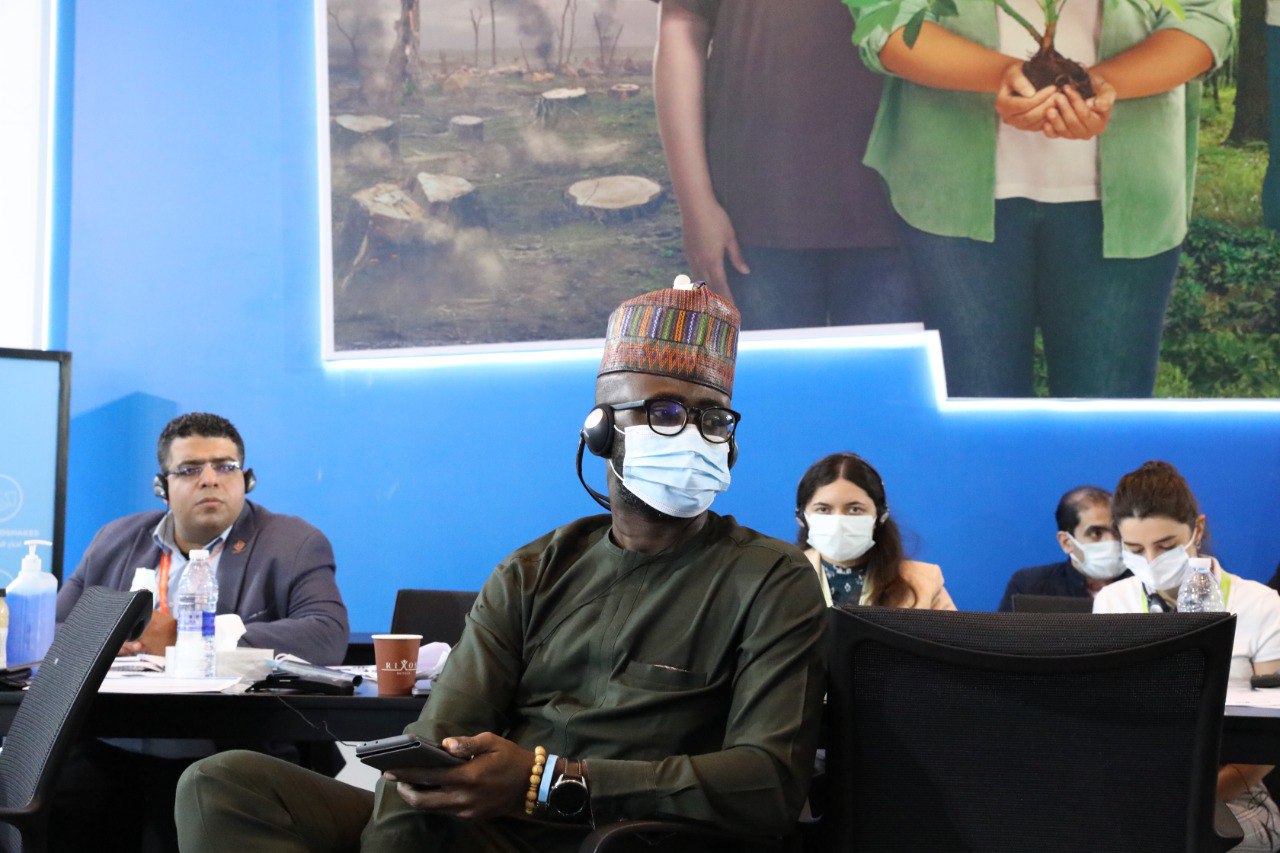The Forum
Africa’s Future in the Light of the Africa 2063 Agenda

By Jailan Dahab
On the 9th of January 2022, a preparatory workshop entitled “Africa’s Post-Pandemic Future in the Light of 2063 Agenda” was held in the Red Sea hall. This workshop included 3 sessions followed by a practical part. This workshop mainly focused on the 2063 Agenda and the role of youth in achieving this agenda, as Dr Khaled Hanafy, expert at the Egyptian Center for Strategic Studies, noted that the pandemic could impede the achievement of this inspiring agenda.
In the first session entitled “The Role of Regional and Private African Institutions in the Achievement of the 2063 Agenda,” the panelists, including ambassador Namira Negm, Motaz Helmy, and Hadia Hossny discussed the role of entrepreneurship in advancing the 2063 Agenda, the shortage of vaccination, and the role of regional African organizations during the pandemic. Ambassador Namira Negm, legal advisor in the African Union, praised the role of the African organizations, such as Africa CDC, during the pandemic as they raised the awareness at the outset of the pandemic and trained the medical staff to fight this pandemic. Mr Motaz Helmy, Chairman of AFriLabs, stressed on entrepreneurship promotion by building a partnership with the African Union and some countries. But Hadia Hossny, member of both the Egyptian and African parliaments, shed light on vaccination shortage in Africa and suggested the localization of vaccine production in African countries, the allocation of a part of the developmental support to the provision of drugs and vaccines, and the “Africa Health” initiative in order to establish vaccine warehouses in Africa.
The second session entitled “The Role of African Women and Youth in the 2063 Agenda” tackled the role of women and youth in the 2063 Agenda and the urgency of empowering them by engaging them with policymakers notably after the pandemic, as Chido Cleo Memba, the African Union Youth Special Envoy, noted in her note. In line with Memba’s viewpoint, Mr Madi Ibrahim Konti, Director of Research and Studies at Timbuktu Center for Peace Studies, suggested the provision of educational programs for women and youth and giving them the opportunity to communicate with policymakers, in an effort to advance their roles in the Africa 2063 Agenda and protect them from being exploited by terrorist groups. This view also aligned with Dr Khaled Hanafy’s note on the role of youth.
The third session entitled “The Role of Youth Initiatives during the Pandemic and Beyond” focused on the role of youth and climate change. Aya Shaby, a representative of the African Union’s Commission for Youth, stressed on the role of youth during the pandemic since they produced face masks and sanitizers in order to adapt to the challenges associated with the pandemic. Also, Nesreen Al-Sabahy, researcher at the Egyptian Center for Strategic Studies, emphasized on the fact that climate change and climatic hazards, such as deforestation, floods, and hurricanes, are the biggest challenges that Africa faces nowadays, although its share of global carbon emissions does not exceed 4%. She further highlighted the Egyptian experience in the adaptation to climate change by referring to the National Strategy for Climate Change coupled with the transformation to green economy by promoting the proper usage of water resources and the generation of wind energy.
Following the three sessions, a group of interactive activities were implemented. As a result, the participants came up with many recommendations. They recommended the establishment of a regional platform for employment; the formation of an entrepreneurship community in Africa; the provision of support to many initiatives, such as “African Jobs,” “Africa’s Projects Council,” “Africa Health,” and “Food Security for African Veterinarians”; the integration of health in developmental support, as well as improving the legal system in order to promote the right to health; advancing African youth, notably those living in diaspora countries in order not to be recruited by terrorist groups; and discussing the proposal of establishing a local food warehouse in Africa. This will be achieved with the support of the Egyptian Ministry of Foreign Affairs, National Training Academy, and World Youth Forum.
